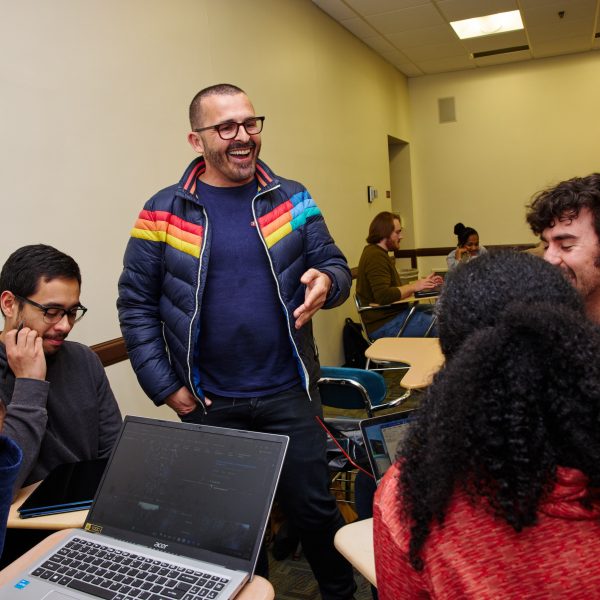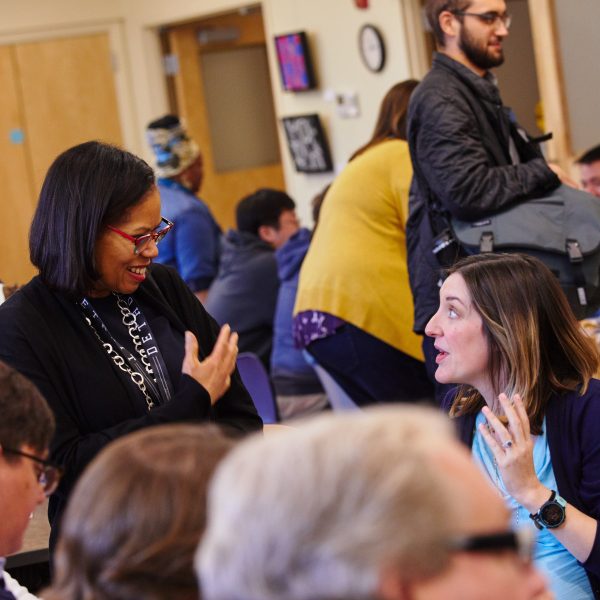Forms and Registration
The School of Theology Registrar’s Office welcomes inquiries about many kinds of registration concerns. Appointments to talk with the Registrar may be made by signing up in Suite 108 at 745 Commonwealth Avenue, by phone at 617-353-3053, or by email.
Incoming Student Resources
Incoming students register for courses prior to their arrival on campus. Students will receive information from the Registrar about how to do that once they are admitted.
Registration dates can be found at http://www.bu.edu/reg/dates/. Registration and payment deadlines are strictly enforced for all students. Failure to meet these deadlines will result in a Late Fee, charged by the Office of Student Accounting Services. Registration and payment deadlines are listed on the Student Accounting Services Website. Registration after the first day of classes is at the discretion of the faculty and the School of Theology registrar and can only be done through a petition process.
Please use the form below to register if you are an incoming student for Fall 2024.
Entering Student Registration Form
Current Student Resources
Current students should log in here for all registration matters, including academic forms and petitions. The most-often used student forms can be accessed by clicking the buttons below and logging in to the School of Theology student intranet.
Plans of Study
Plans of study for each individual degree program can be found on the student intranet on each degree program’s respective page. This tool allows students to track how their courses fit into the overall degree program, including how each course is counting toward their degree.
Advanced Standing
If you are an incoming MDiv or MTS student and if you have completed significant coursework in Hebrew Scripture (Old Testament), New Testament, Church History, or Theology, you may apply for Advanced Standing in those disciplines. Advanced Standing means that, instead of taking an introductory-level class in that discipline, you could take an advanced course instead. For example, instead of “Intro to New Testament” you could choose to take “Corinthian Correspondence.” Please note: this does not reduce the number of credit hours you must take in your program, but rather allows you to customize your curriculum toward more advanced coursework.
To petition the Academic Dean for Advanced Standing you must email the School of Theology’s Registrar the syllabi of all the coursework you have completed in a discipline, along with a note stating that you are requesting Advanced Standing. Your syllabi will be reviewed by the Registrar and then by the Academic Dean and a decision communicated prior to the start of classes. Any questions about Advanced Standing should be addressed to the School of Theology’s Registrar’s Office.
Academic Advising
The Associate Dean for Academic Affairs assigns all faculty advisors to students based on the student’s academic and vocational aspirations and denominational ties while taking into account also overall faculty advising load, sabbatical leaves, and other factors. The Associate Dean generally assigns students who are considering or preparing for ordination an advisor of the same denomination who will be adept at guiding and encouraging the student’s ordination preparations. Students receive a letter of welcome from the Associate Dean during Orientation, which includes the name and contact information for their program advisor.
Advising responsibilities in the School of Theology vary by degree program, but always include a high degree of mentoring, support with vocational discernment, and, in the case of advanced degree programs, an apprenticeship relationship between advisor and student. Because of the high degree of flexibility and customization in most School of Theology degree programs, tracks, and specializations, registration requires robust faculty advising – thinking through course selection carefully and in a way that will produce a cohesive curriculum alongside ongoing discernment of the student’s vocational interests. Advising at the School of Theology, therefore, is not a mere checking off of requirements and is integral to the curriculum itself and to the aims of student formation.
Ordination Requirements
Students pursuing ordination should work closely with their advisors and their denominations or congregations to be sure that all course requirements are fulfilled. United Methodist students, for example, should take the time to be in conversation or have a meeting with their district superintendent or member of the District Committee on Ordained Ministry (DCOM). Please consult your advisor or the Academic Dean if you have questions about your path to ordination.



